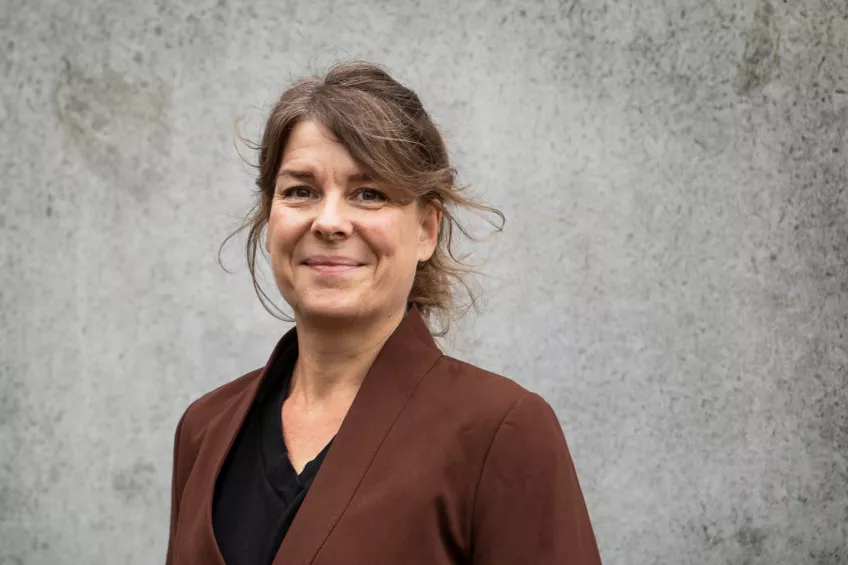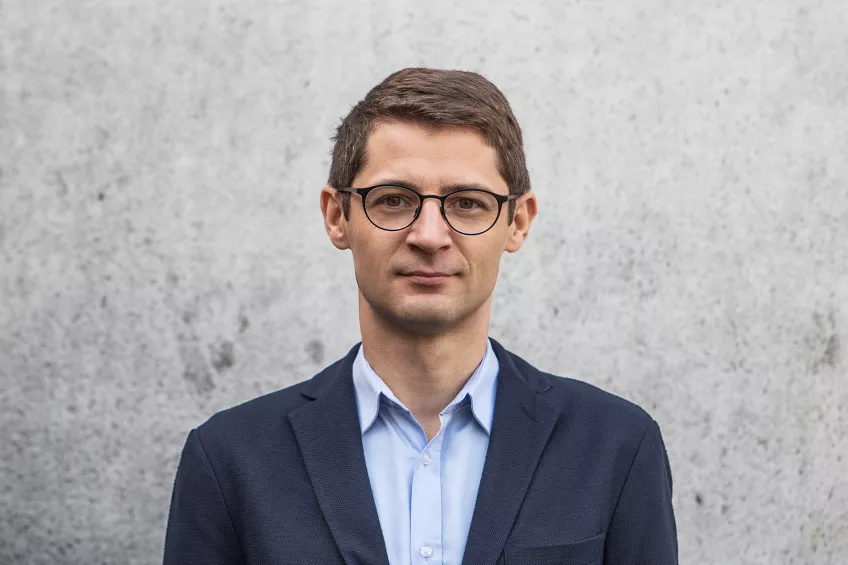Our research
Research at the Department of Gender Studies
This page gives an overview of the research environment at the Department of Gender Studies at Lund University. Divided into research frame and research field we try to encapsulate the department’s areas of strengths in research.
Research in the Department learns from and contributes to the academic traditions and intellectual trajectories of gender studies scholarship by connecting highly developed theoretical frames with solid, rich and reflective empirical analysis. Our strengths are:
- Feminist methodologies, reflecting a transdisciplinary set of skills, holding excellency in qualitative methods.
- Theoretical development, based on a strong tradition of exploring questions of gender and sexuality through empirically grounded, intersectional, transdisciplinary and transnational approaches.
- Nurturing collaborative networks through research across borders, the Department has close connections to diverse universities, networks, work places and civil society actors in the region, nationally and internationally.
Situated in the critical genealogies of feminist methodologies, research in the Department develops further the strong methodological traditions of intersectional feminist, antiracist, queer and trans ethnography. Using multiple methods, including but not limited to narrative methods, discourse-, image- and text analysis, archival research, quantitative methods and critical big data studies, research in the Department is able to capture how social experiences, power asymmetries, embodiment and action inform categories such as gender, femininity, masculinity, sexuality, race, ethnicity and class, as discourses, practices and relationships and as historicized and contextual phenomena.
Conversations and contestations around the very subject of gender studies have brought with them a field in constant and fruitful transformation. The Department of Gender Studies in Lund has had a crucial role in these conversations in a Swedish context – expanding and debating what it is that we study when we do gender studies; from contestations of the terms of sex and gender, to the intersectional invitation to include other processes of differentiation in our analytical frames but also in our problem formulations.
Recognizing how the regulation of gender and sexuality is located at the heart of state and nation-building, today and historically, researchers in the Department bring forward critical cutting-edge explorations of the impact and meaning of gender(s) and sexuality/ies within and across situated contexts in both the global North as well as the global South, while being aware of the great heterogeneity within these wide categories. Engaging critically with binary understandings, enactments and experiences in everyday sites, as well as in norms and legislative frameworks, the study of gender(s) and sexuality/ies in the Department stretches from exploring subjectivities, relationships and knowledges, to studying gender and sexuality as modes of geopolitical boundary-making, (inter)national regimes, and as tools for connectivity in and across empirically distinct sites.
With a critical approach to borders of different kinds, both strict disciplinary delimitations as well as national and social boundary-drawing, researchers in the Department develop research agendas for conducting intersectional, transdisciplinary and transnational research. With a transdisciplinary profile, a mixture of different research topics, theories and methodologies is allowed to enrich and strengthen each other and approaches from the humanities fruitfully challenges and expands social scientific insights and explanatory models. Inspired by the critical traditions of exploring epistemologies of hope and change, research in the Department engages with the possibility of envisioning other futures by thinking collectively on how agency, power, and resistance shape the world here and now, through locally situated research as well as transnational approaches, nurturing collaborative networks.
Research themes
In the department, researchers have a specialization within and across the following research themes, presented below.
Gender, sexuality, queer, trans
Building on feminist, queer, trans, and crip epistemologies, researchers in the Department explore and produce insights that critique dominant patterns and hierarchies in how gendered, queer, trans, and crip knowledges are created, used, as well as organized and regulated in the (re)production of subjectivities in tandem with state- and nation building projects. Focusing on a broad variety of societal contexts, including education, violence, civil society, human rights, social movements, state policy and legal frameworks in historical and contemporary perspective, researchers in the Department bring together these critical analyses through ethnographic, intersectional, and transnational approaches to gendered, queer, trans, and crip knowledges, interventions and coalitions.
Read more about the research theme Gender, sexuality, queer, trans.
Race, migration, nationalism
From a variety of theoretical traditions, research in the Department contributes to problematizing epistemologies and societal institutions through the intersectional lenses of race, class and gender. The Department carries a strong tradition of continuously developing feminist post- and decolonial knowledges in the Nordic region, theoretically as well as empirically, which also informs the teaching in the Department. Critical questions of migration, nation-building and nationalism, labor, law, justice, human rights, violence, crisis, digital technologies, and increasingly restrictive border regimes are explored within the theoretical traditions of intersectionality, power, and inequalities. Researchers examine the conjunctural crises of our times, and explore the global rise of far-right and anti-gender mobilizations with calibrated attention to commonalities and varieties of these mobilizations across various national contexts and regions.
Read more about the research theme Race, migration, nationalism.
Labor, care, welfare
Division of labour, work processes, (re)distribution of resources, care relationships and transformations of the welfare state and changes of welfare regimes– in and between different national, local, and contextual settings – are central feminist areas of research. These are themes that bring to the fore key feminist debates on social reproduction, social resilience, human- and reproductive rights and differences at the intersections of gender, race, class, citizenship and migration status. Through departing from intersectional, critical, and cross-disciplinary perspectives, using, as well as developing, ethnographical, and innovative qualitative methods researchers in the Department have long been engaged in and contributed to this field of research.
Contact information
Mia Liinason
Research Responsible
mia [dot] liinason [at] genus [dot] lu [dot] se
Phone: +46 46 222 97 74
Ov Cristian Norocel
Director of Doctoral Studies
ov_cristian [dot] norocel [at] genus [dot] lu [dot] se
Rebecca Selberg
Head of Department
rebecca [dot] selberg [at] genus [dot] lu [dot] se
Phone: +46 46 222 09 18




